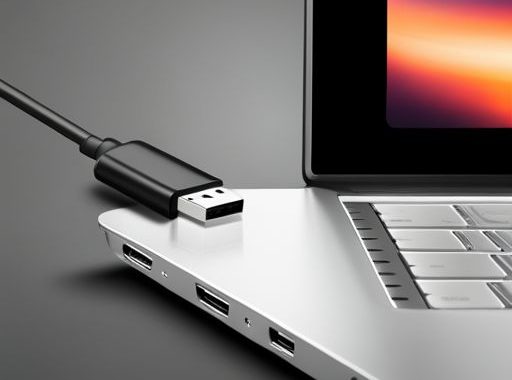A non-functioning USB socket on your computer can have many causes and consequences. One of the most common causes of a non-functioning USB socket on a computer is a faulty connection due to a poor connector or excessive force used to connect the cable. This can cause the port to wear out over time, loosen and eventually stop working.
Other causes can be dust, dirt and other debris that may have accumulated in the port over time, or a fault in the socket itself.
The consequences of a broken USB socket on your computer can vary depending on the cause. If the port is simply not connected properly, it may be a simple matter of inserting and removing the cable a few times until it is connected properly. However, if the problem is with the port itself, you may lose all the data stored on it. In addition, if the USB port is a critical part of your computer's hardware, for example providing wireless connectivity or powering a peripheral device, you may be at risk of losing access to these functions until the problem is fixed.
It is important to connect and disconnect devices from the computer carefully and to make sure that each connection is made correctly. If you notice any problems with your USB ports, it is important to have them checked and repaired as soon as possible to avoid further damage or data loss.

